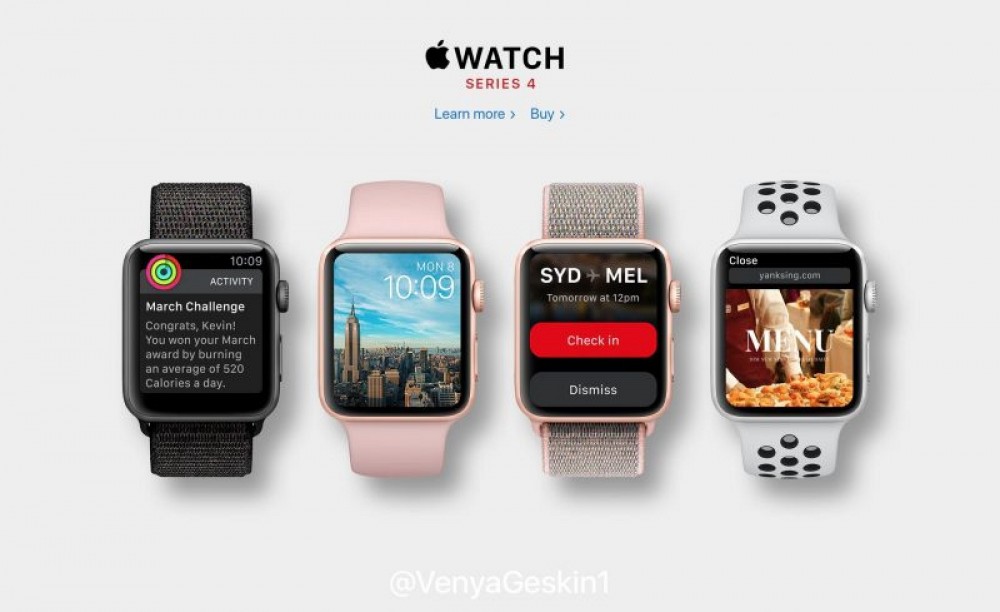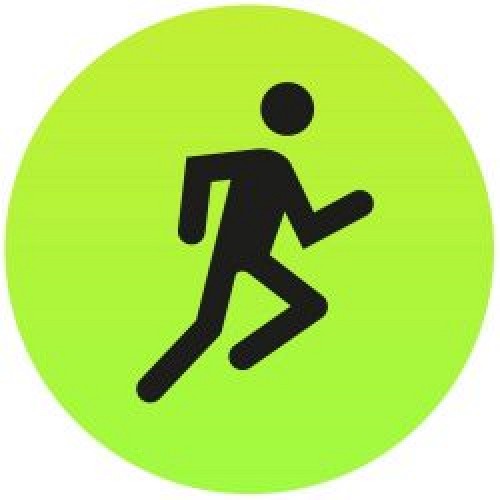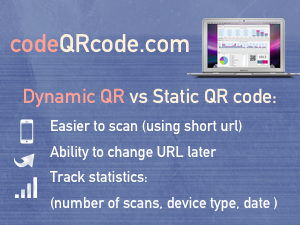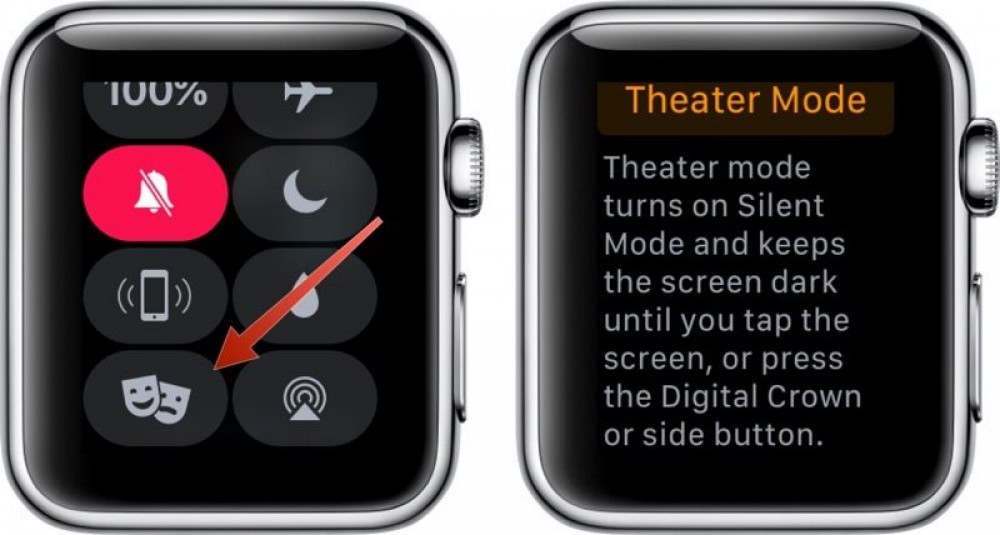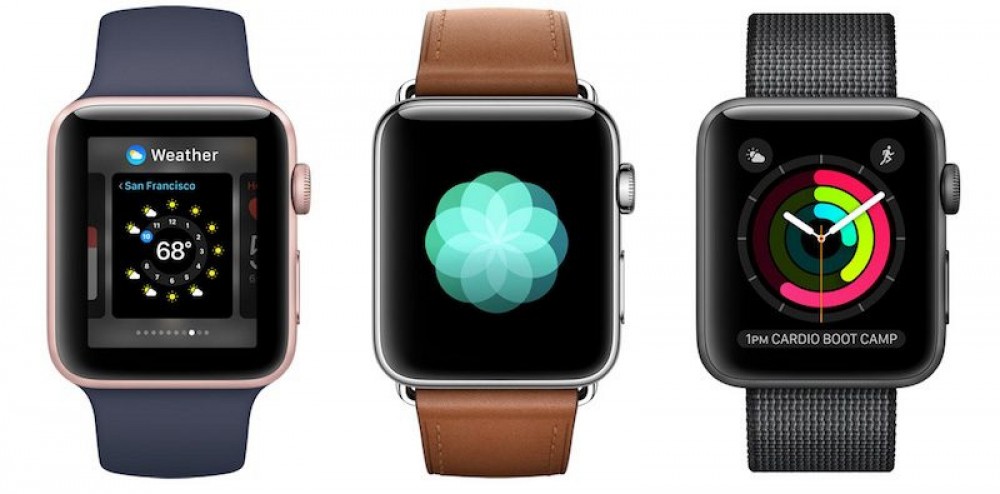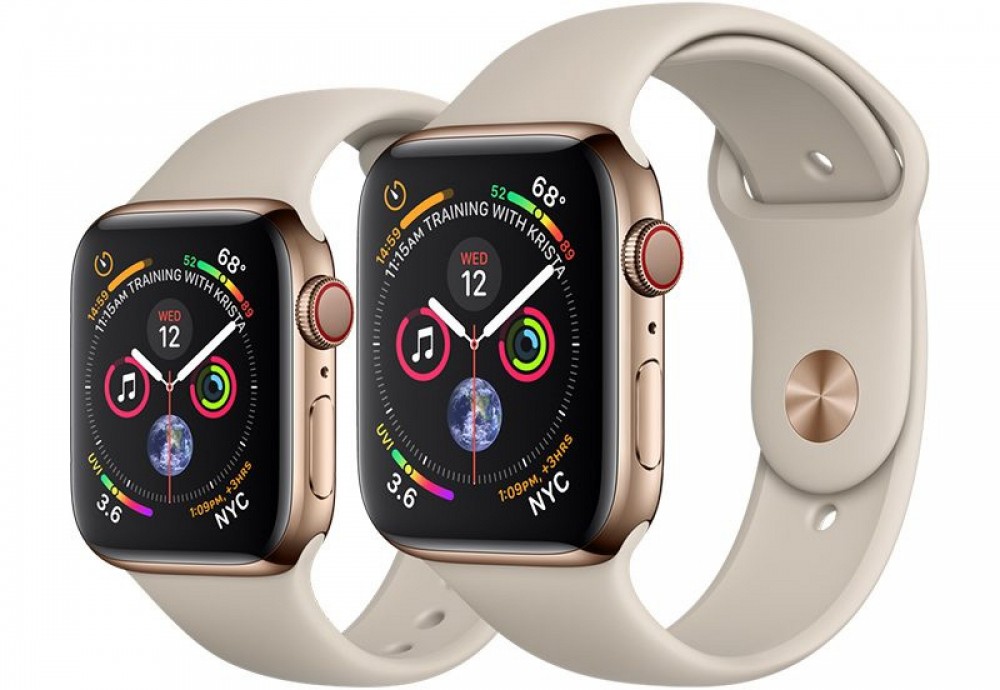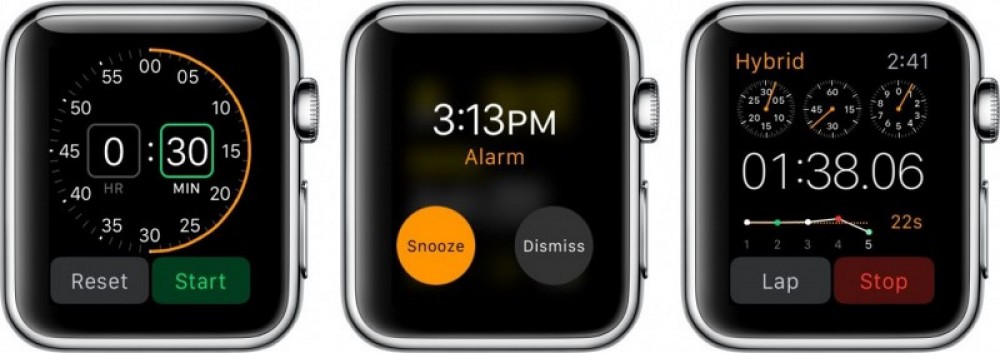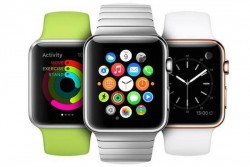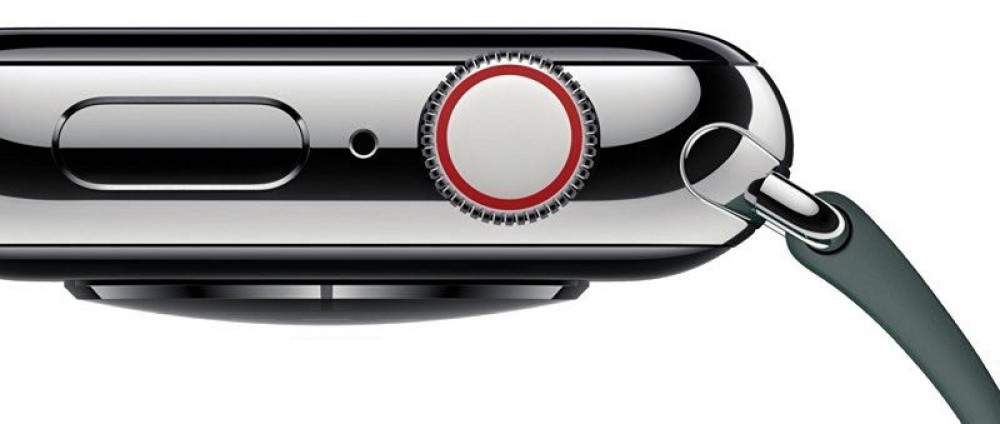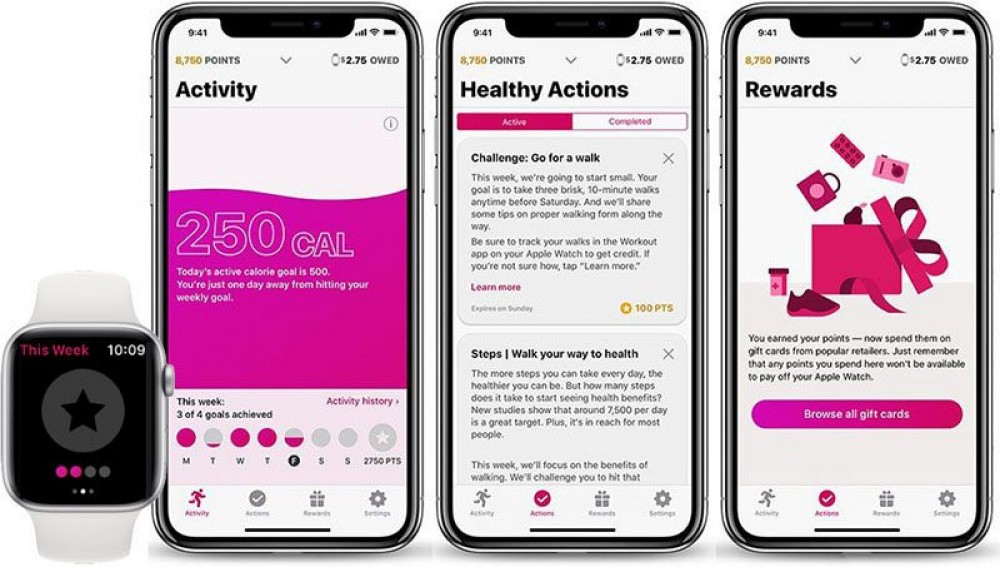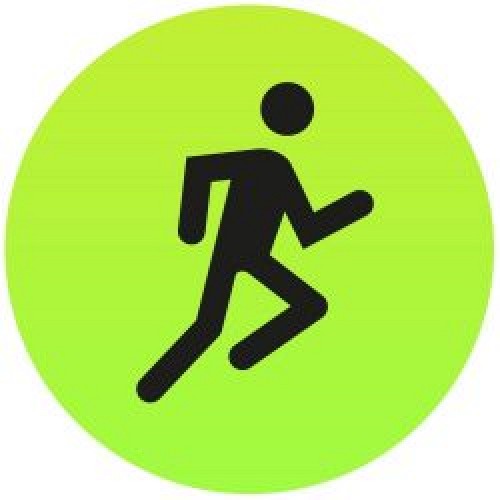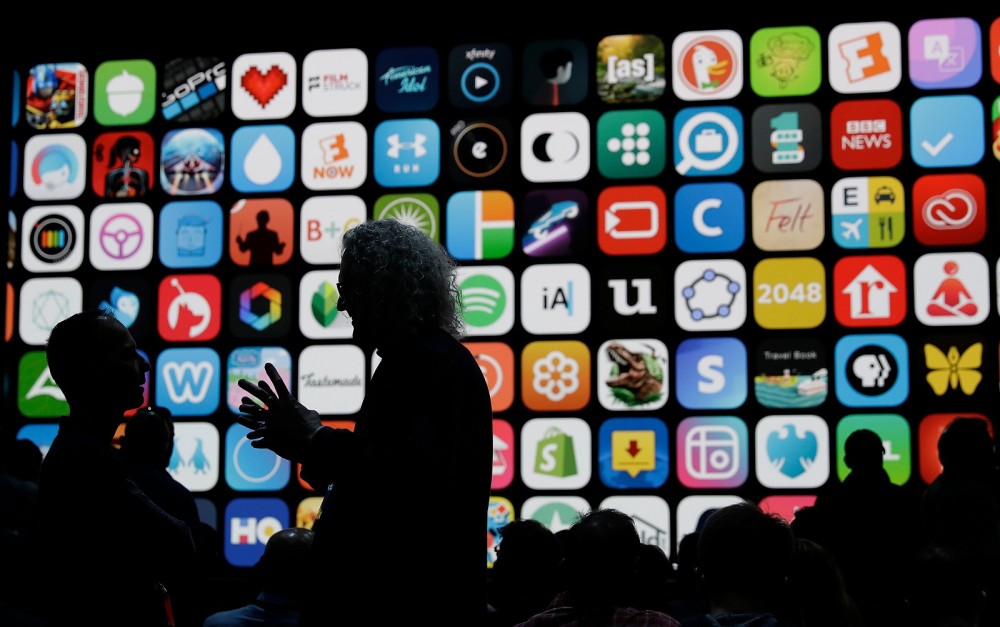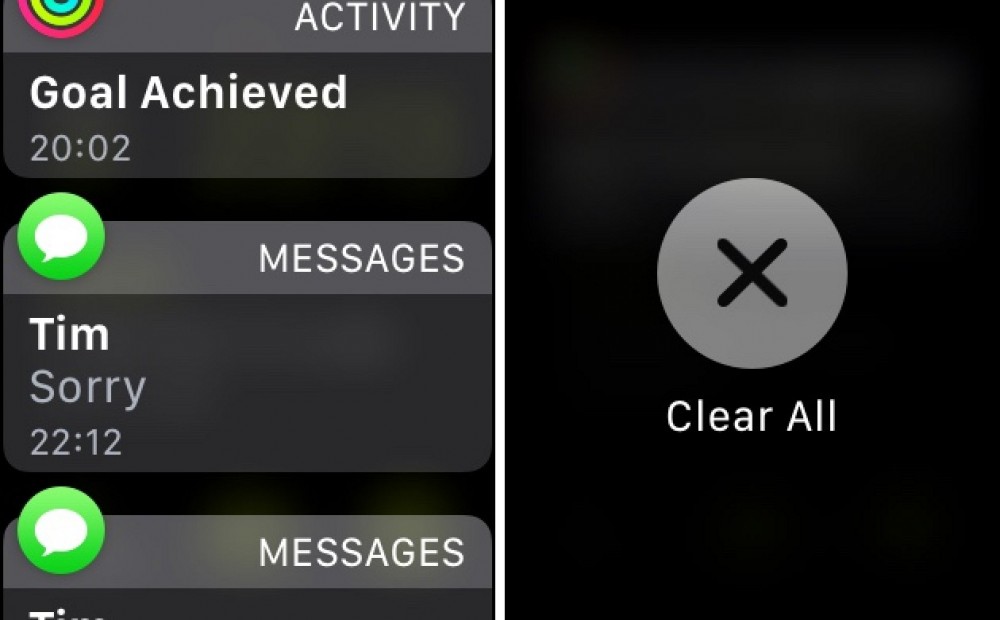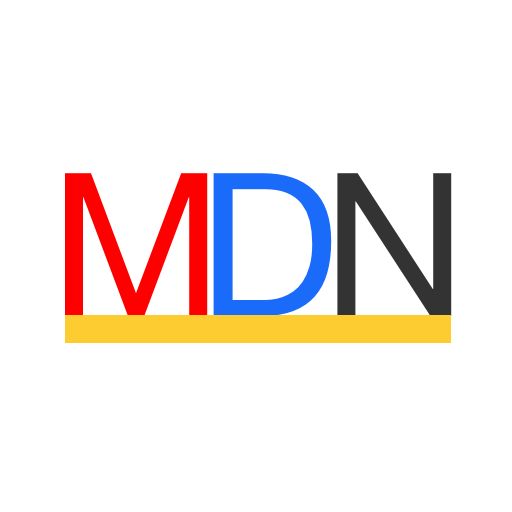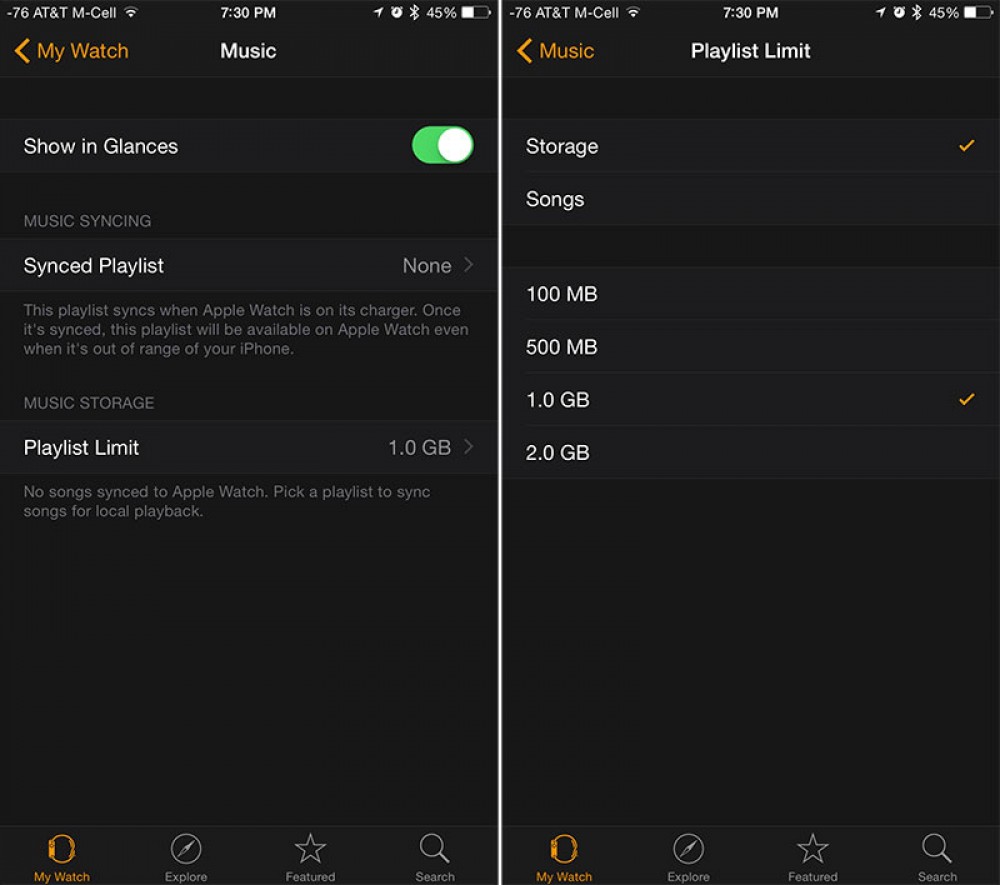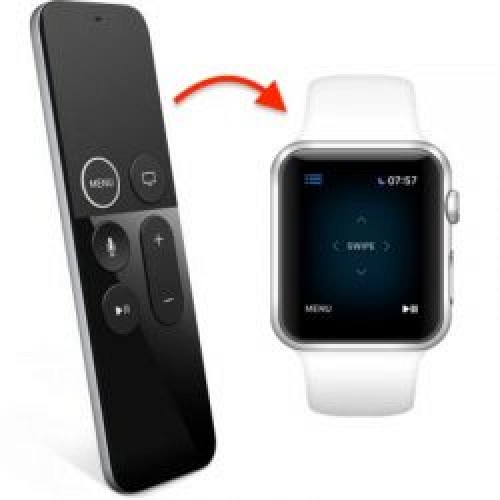Apple Closes Apple Watch Heart Rate Study to New Participants
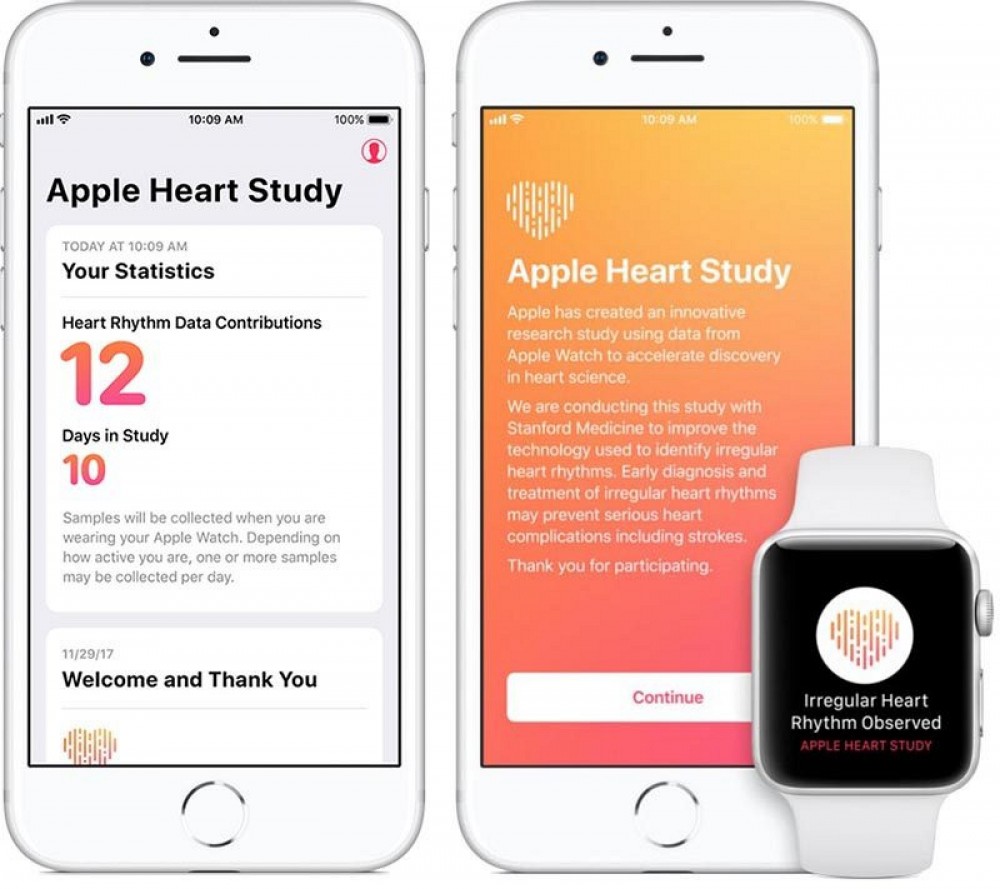
Apple and Stanford University's School of Medicine are no longer allowing new participants to join the heart rate study that they're conducting using data gathered from the heart rate monitor of Apple Watch, according to updated notice on Apple Heart Study website..
Apple Heart Study is designed to use data from Apple Watch to identify heart rhythms to determine whether the device can detect life-threatening conditions like atrial fibrillation..
The study was open to anyone in United States who was 22 years older with iPhone 5s or later and Apple Watch Series 1 or later..
consultation with Study Telehealth from American Well is offered, with some people asked to wear ePatch monitor for up to seven days for further investigation..
Afib affects millions of people and often goes undiagnosed, with the study aiming to determine if Apple Watch is able to alert people of this dangerous condition and accompanying health problems..
Other studies conducted by the team behind Cardiogram app and researchers at University of California, that Apple Watch is able to detect rhythm with 97 percent accuracy.
Currently, the heart rate monitor built into Apple Watch will send alert feature that has saved multiple lives.
This heart rate monitoring option can be activated by opening up Apple Watch on iPhone, selecting the heart rate app, and setting your heart rate notification to the desired level...
While Apple Watch sends alerts for heart rate, it does not notify people of abnormal rhythms or other issues that have been detected, except that could change in the future depending on the outcome of the study..
Rumors have suggested that 2018 Apple Watch Series 4 models will include enhanced heart rate detection features that could bolster Apple Watch's ability to detect diseases linked to heart rates and heart rhythms, and it's not entirely clear what the heart rate features consist of..
Read more
Apple Heart Study is designed to use data from Apple Watch to identify heart rhythms to determine whether the device can detect life-threatening conditions like atrial fibrillation..
The study was open to anyone in United States who was 22 years older with iPhone 5s or later and Apple Watch Series 1 or later..
consultation with Study Telehealth from American Well is offered, with some people asked to wear ePatch monitor for up to seven days for further investigation..
Afib affects millions of people and often goes undiagnosed, with the study aiming to determine if Apple Watch is able to alert people of this dangerous condition and accompanying health problems..
Other studies conducted by the team behind Cardiogram app and researchers at University of California, that Apple Watch is able to detect rhythm with 97 percent accuracy.
Currently, the heart rate monitor built into Apple Watch will send alert feature that has saved multiple lives.
This heart rate monitoring option can be activated by opening up Apple Watch on iPhone, selecting the heart rate app, and setting your heart rate notification to the desired level...
While Apple Watch sends alerts for heart rate, it does not notify people of abnormal rhythms or other issues that have been detected, except that could change in the future depending on the outcome of the study..
Rumors have suggested that 2018 Apple Watch Series 4 models will include enhanced heart rate detection features that could bolster Apple Watch's ability to detect diseases linked to heart rates and heart rhythms, and it's not entirely clear what the heart rate features consist of..
Read more
Report
Related items:
